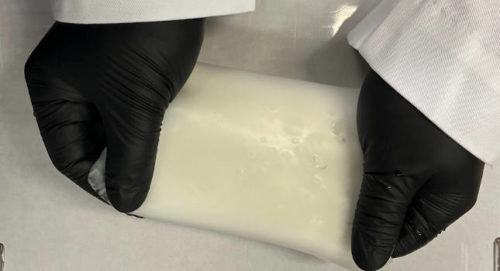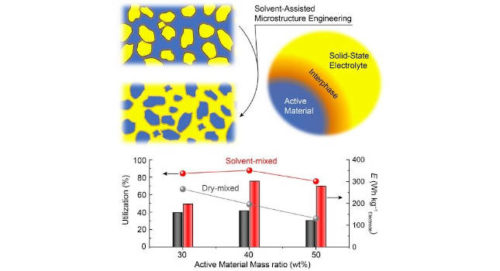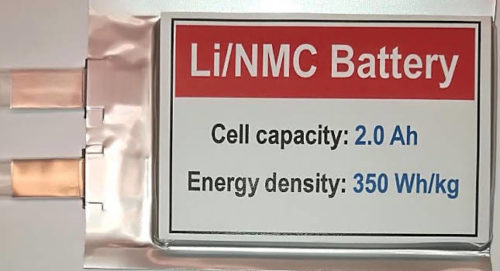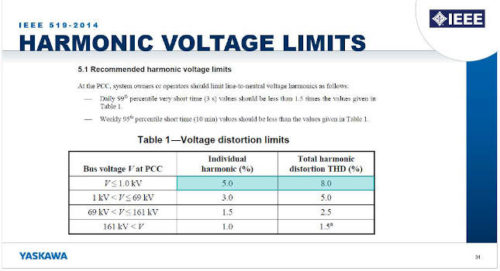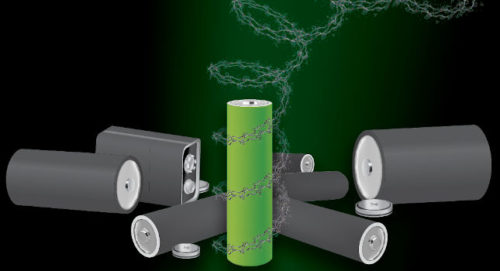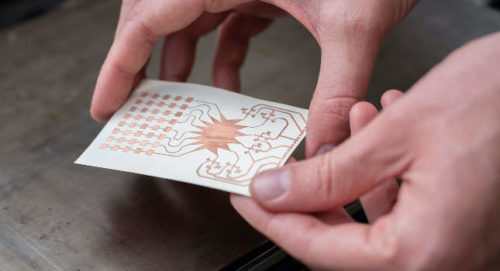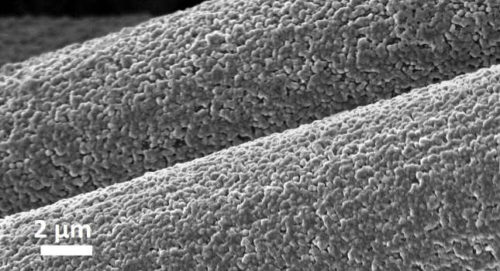Energy, Power
Rubber material key fo long-lasting, safer EV batteries
佐治亚理工学院的研究人员have found rubber could be an alternative to conventional lithium-ion batteries.
有机基质,固态锂电动车电池产品开发loped with altered microstructure
University of Houston and Rice University researchers have discovered that thanol solvent boosts battery energy density, which could improve electric vehicles (EVs) and other battery-dependent machines.
Lithium battery developments step forward for electric vehicles, more
A team of scientists at the U.S. Department of Energy’s Pacific Northwest National Laboratory has created a lithium-metal battery that lasts for 600 cycles, which brings it closer to a lithium-ion battery's lifecycle.
Mitigation, technologies for power system harmonics
Webcast teaches power system harmonics and best practices for harmonics mitigation and their relationship to IEEE 519, which guides the design of power systems with non-linear loads. The 2014 revision of IEEE 519 clarified language subject to interpretation and misinterpretation.
Metal-free, recyclable peptide battery developed
A multidisciplinary team of researchers from Texas A&M University has made a breakthrough that could lead to battery production moving away from cobalt with lithium-ion (Li-ion) batteries.
Leveraging the 5G network to wirelessly power IoT devices
Turning 5G networks into a wireless power grid for Internet of Things (IoT) devices that need batteries to operate could eliminate them altogether down the road.
Aluminum-anode batteries offer sustainable alternative
Aluminum-anode batteries are safer, less expensive and more sustainable than lithium-ion batteries.
Safer, fast-charging aqueous battery developed
A 3D zinc-manganese nano-alloy anode has been developed, resulting in a stable, high-performance aqueous battery that uses seawater as an electrolyte.
Lithium-metal batteries offer alternative for users
Lithium metal solid-state batteries can provide a safer, more powerful alternative to the current standard.
Manufacturing biobased electronics for sensors, batteries
Researchers are studying how plant-based inks can be used to print low-cost, biodegradable and recyclable sensors.


